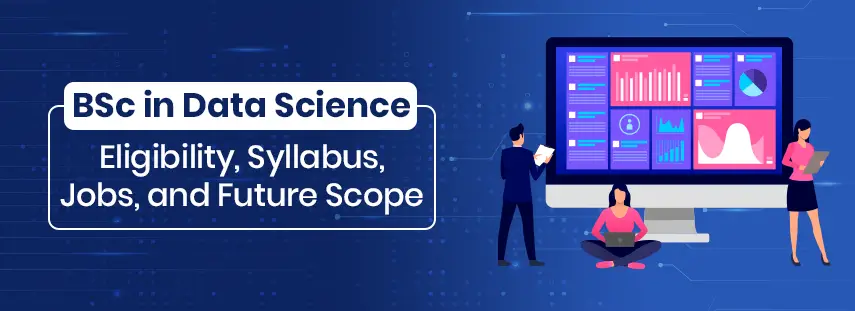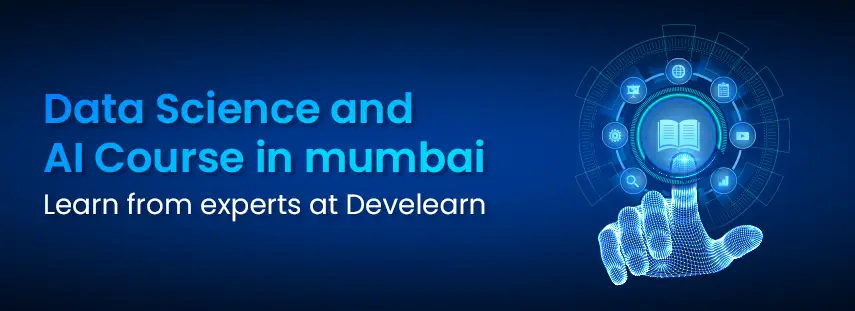Join As Students, Leave As Professionals.
Develearn is the best institute in Mumbai, a perfect place to upgrade your skills and get yourself to the next level. Enroll now, grow with us and get hired.

Data Science vs Artificial Intelligence
Learn about Data Science and Artificial Intelligence, their differences, and how they shape modern technology. Find out how DeveLearn courses can help you achieve your career goals in these dynamic fields.
DeveLearn Technologies
30 minutes
September 3, 2024
Loading content...




